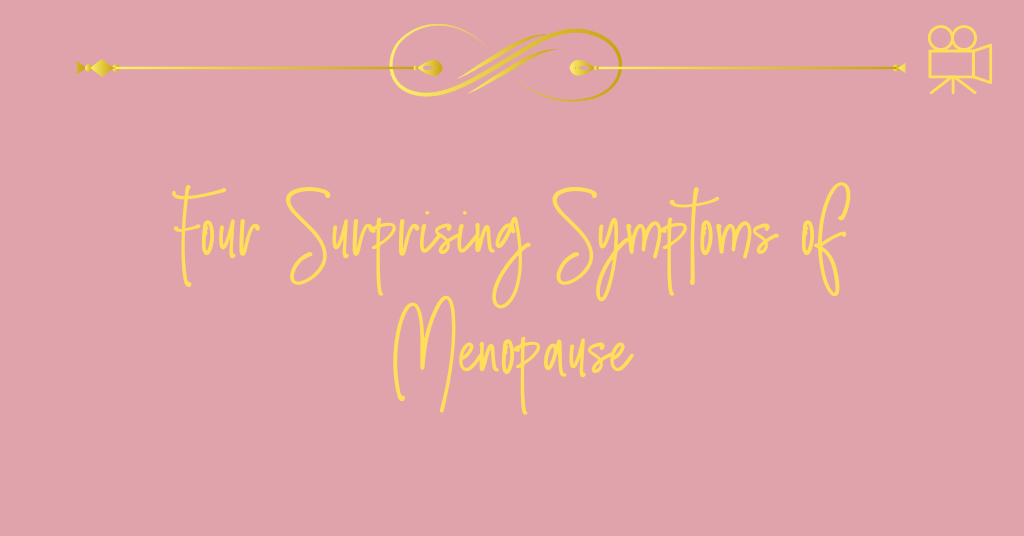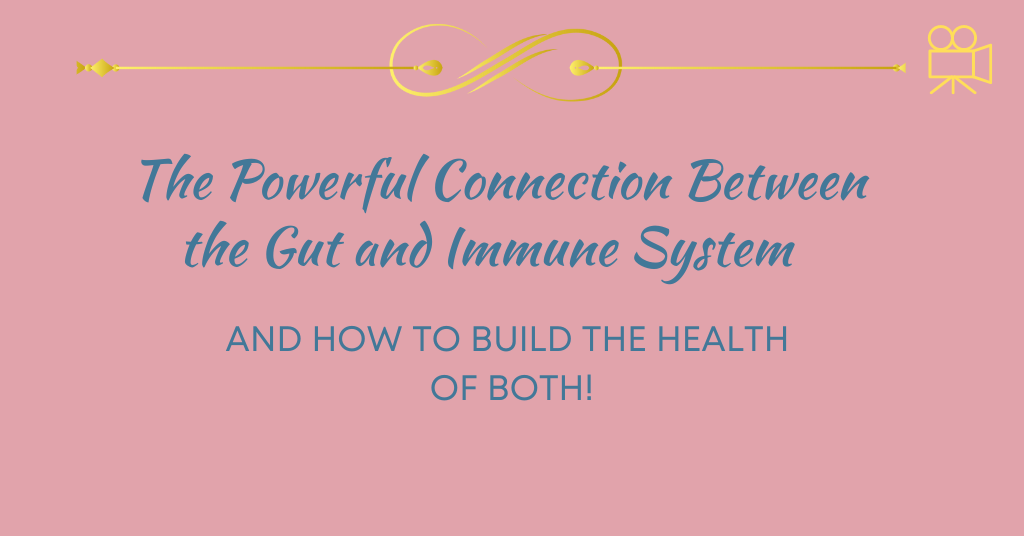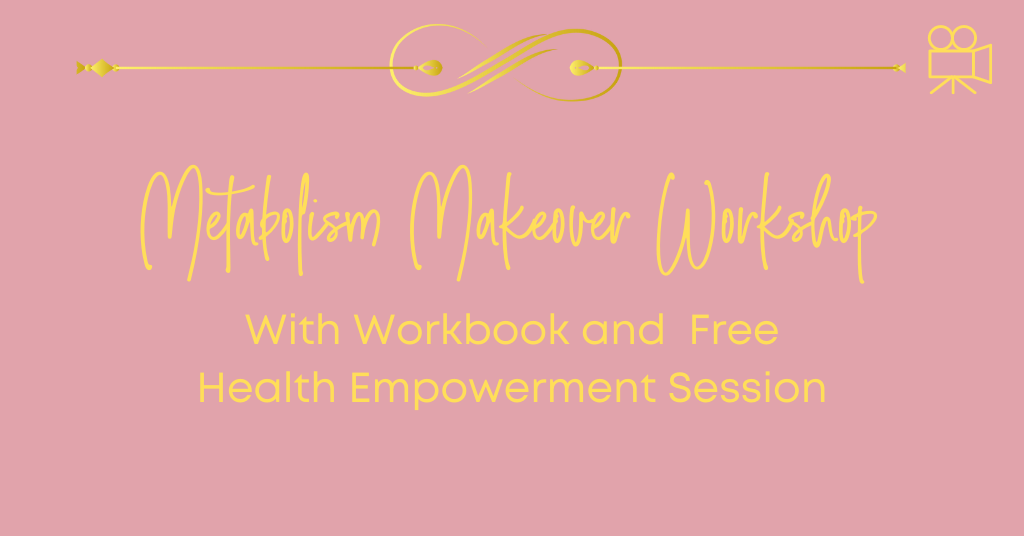Category: Menopause


If you’re like many ladies, your thoughts turn to hot flashes, night sweats, mood swings, and weight gain when the topic of menopause is brought up. Am I right? Those are the most common symptoms. However, we know that there are other symptoms that may surface during this time in our lives as well. Those may include:
- Fear that you will have bladder leakage.
- Foggy brain and trouble concentrating.
- Feeling panicked or anxious.
- Excess belly fat.
- Vaginal dryness or burning.
- Dry skin, dry eyes, and/or dry mouth.
- Increased headaches.
- Joint and muscle aches and pains.
- Thinning hair.
- Dysregulated sleep.
- Tender Breasts.
- Your sex-drive has gone bye-bye!
However, there are additional symptoms that aren’t often talked about. Here are the “Four Surprising Symptoms of Menopause.”
#1 Dental Issues
- Changing estrogen levels mean your body will experience dryness in mucosal areas. The mouth is one such area. When the mucosal tissue in the mouth becomes dry and no longer has full protection from saliva, you can experience a bacterial imbalance, gum disease, and tooth decay. We now know that certain oral bacteria can contribute to dementia and Alzheimer’s Disease. It is critically important that we take care of our oral health!
- In addition, osteoporosis doesn’t just impact the big bones in the body! The jawbones can be affected as well. Normal chewing, jaw mobility, and teeth (or denture) stability can be compromised.
- Stress impacts every area of our health. Our dental health is no exception! Stress can increase jaw clenching and teeth grinding, promoting abnormal amounts of wear and tear in both areas. As a result, you may experience tooth damage, jaw discomfort, and headaches.
Top notch nutrition becomes critically important in this stage of your life.
In addition, consult with your dentist about how menopause may be impacting your oral health. Often, they have solutions that are easy to implement and will save you from years of discomfort.
#2 Bloating and Digestive Issues
Believe it or not, estrogen helps regulate digestion! Less estrogen means less bile, and that can result in dry, hard stools, constipation, and uncomfortable bowel movements. The problem is compounded if you no longer have your gall bladder.
Lower estrogen is also implicated in water retention, which can lead to bloating. Hormonal imbalance can also cause gas and bloating within the process of digestion. During menopause, the way the body metabolizes carbohydrates and proteins changes. These changes lead to fermentation and bloating in the digestive track.
Ask me how you can shift your eating habits, foods, and supplementation to support your digestive health.
#3 Body Odor
Hormonal changes can be a bear when it comes to body odor.
- Decreased estrogen is to blame for an increase in body odor. Estrogen helps regulate your hypothalamus, and the hypothalamus is the gland responsible for regulating your body temperature. When estrogen levels drop, your hypothalamus gets confused and responds as though you are hot, even when you aren’t. The result is activated sweat glands!
- Hot flashes and night sweats can leave you, your clothing, and your bedding drenched in sweat. Night sweats in particular can breed some funk, as bacteria has hours to develop while you sleep. If your sheets and clothing are smelly as a result of menopausal sweat, try adding an enzyme cleaner when you do your laundry. Hit me up for a natural laundry product that really works and a wonderful natural deoderant that balances pH, reduces wetness, and combats odor.
- Vaginal dryness can cause odor, too. Without sufficient vaginal lubrication to keep pH in check, odor-causing bacteria can flourish.
Breathable fabrics, a daily shower (or two), a natural deodorant, using a natural product in your laundry, and following a healthy diet to help alleviate the symptoms in the first place can all make a huge difference.
#4 Dizziness
Dizziness may be a sign of more serious health concerns, but it can also be due to menopause.
- Hormone fluctuations may cause you to experience vertigo, feel faint, or lightheaded.
- While experiencing other common symptoms of menopause, you may also feel dizzy or unstable. Hot flashes, dehydration, anxiety, panic attacks, and stress can all trigger those feelings.
- Cardiovascular disruptions and disorders from heart disease that can develop during menopause may leave you feeling dizzy as well.
*Always check with your doctor to determine if your dizziness is related to menopause or a more serious health concern!*
In Conclusion . . .

In conclusion, a healthy diet is incredibly helpful throughout Perimenopause, Menopause, and Postmenopause! I am here to help! To get you started, here is the link to my complimentary handout, “9 Foods to Fight Hormonal Weight Gain.” Click here to grab your copy: https://p.bttr.to/3ZDhvJ2
In addition, I offer a complimentary “Health Empowerment Session” to go over any questions you may have on this topic. You can book your complimentary call here: https://p.bttr.to/3fl3MS4
Here’s to your amazing hormonal health and breezing through Perimenopause, Menopause, Postmenopause, and beyond!
Much love,
Debbie


Facebook Comments